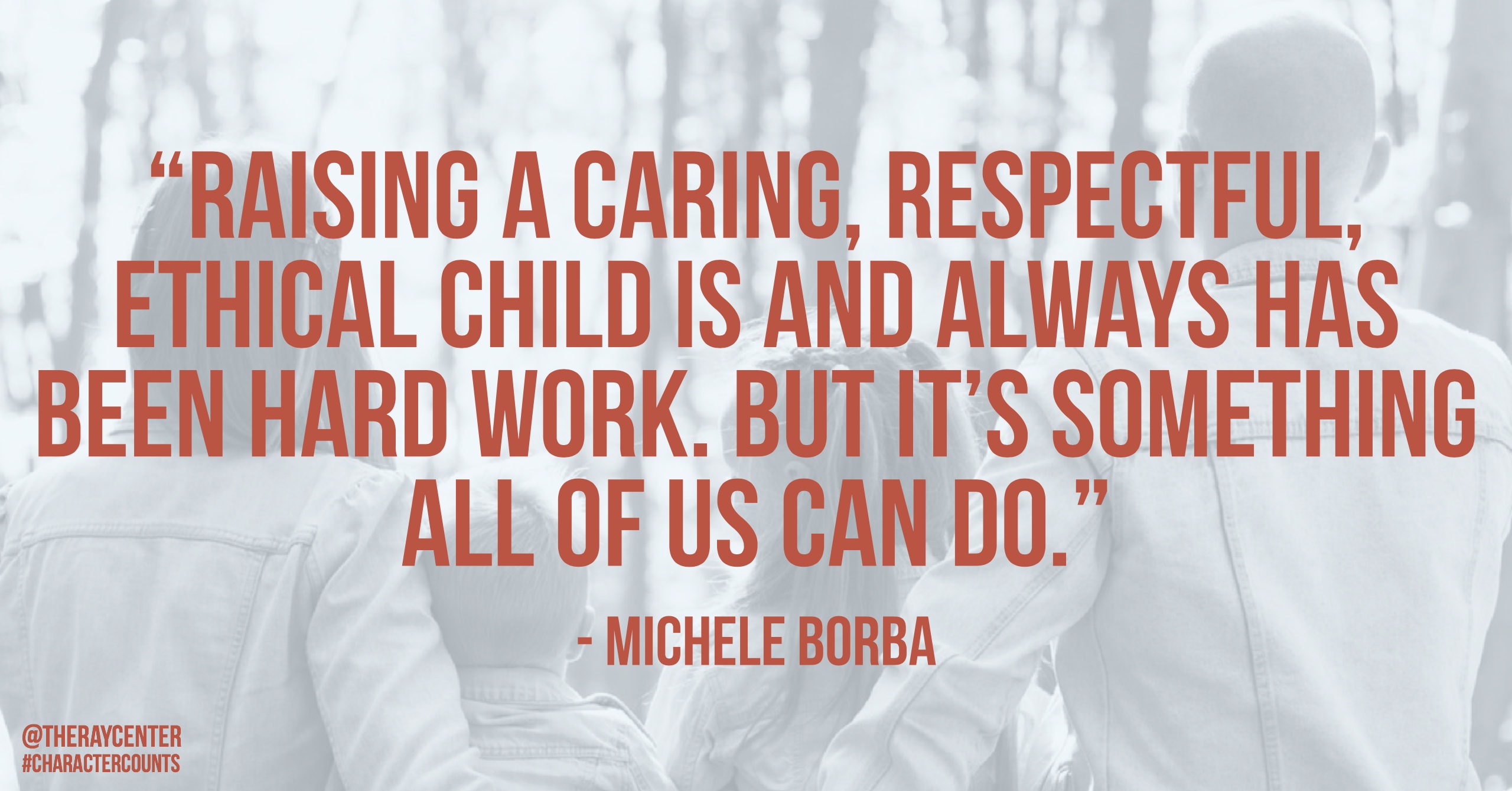
From our guest contributor Michele Borba.
Promote children’s ability to be ethical thinkers and positive change-makers in their communities
Why? Children are naturally interested in ethical questions and grappling with these ethical questions can help them figure out, for example,what fairness is, what they owe others, and what to do when they have conflicting loyalties. Children are also often interested in taking leadership roles to improve their communities. They want to be forces for good. Many of the most impressive programs to build caring and respect and to stop bullying and cruelty, for example, have been started by children and youth.
How? You can help children become ethical thinkers and leaders by listening to and helping them think through their own ethical dilemmas, such as, “Should I invite a new neighbor to my birthday party when my best friend doesn’t like her?” At the same time, you can provide opportunities for your children to fight injustice in their communities and to strengthen their communities in other ways.
- Taking action. Encourage children to take action against problems that affect them, such as cyberbullying or an unsafe street corner.
- Joining up. Provide opportunities for children to join causes, whether it’s reducing homelessness, supporting girls’ education in developing countries, calling attention to the plight of abused animals, or any area that is of interest to them.
- Doing “with.” Encourage children not just to “do for” others but to “do with” others, working with diverse groups of students to respond to community problems.
- Thinking out loud with your child. Start a conversation about ethical dilemmas that arise on TV shows or give children ethical dilemmas to grapple with at meal times or in other situations. What should they do when a schoolmate tells them bad things about another child? When they see someone cheating on a test or stealing? When they’ve done something wrong and are afraid to admit it to their parents or caretakers?
Help children develop self-control and manage feelings effectively
Why? Often the ability to care for others is overwhelmed by anger, shame, envy, or other negative feelings.
- Identifying feelings. Name for children their difficult feelings such as frustration, sadness, and anger and encourage them to talk to you about why they’re feeling that way.
- 3 steps to self-control. A simple way to help children to manage their feelings is to practice three easy steps together: stop, take a deep breath through the nose and exhale through the mouth, and count to five. Try it when your child is calm. Then, when you see her getting upset, remind her about the steps and do them together.
- Resolving conflicts.Practice with your child how to resolve conflicts. Consider a conflict you or your child witnessed or experienced that turned out badly, and role play different ways of responding. Try to achieve mutual understanding—listening to and paraphrasing each other’s feelings until both people feel understood. If your child observes you experiencing a difficult feeling and is concerned, talk to your child about how you are handling it.
- Clear limits. Use authority wisely to set clear boundaries. Explain how your limits are based on a reasonable and loving concern for your child’s welfare. Raising a caring, respectful, ethical child is and always has been hard work. But it’s something all of us can do. And no work is more important or ultimately more rewarding.
 Dr. Michele Borba is an educational psychologist, parenting expert, TODAY show contributor and author of 22 books including The Big Book of Parenting Solutions: 101 Answers to Your Everyday Challenges and Wildest Worries and UnSelfie: Why Empathetic Kids Succeed in Our All-About-Me World.
Dr. Michele Borba is an educational psychologist, parenting expert, TODAY show contributor and author of 22 books including The Big Book of Parenting Solutions: 101 Answers to Your Everyday Challenges and Wildest Worries and UnSelfie: Why Empathetic Kids Succeed in Our All-About-Me World.
Check out: micheleborba.com or follow her on Twitter @micheleborba.
Click here for more information on character education.


